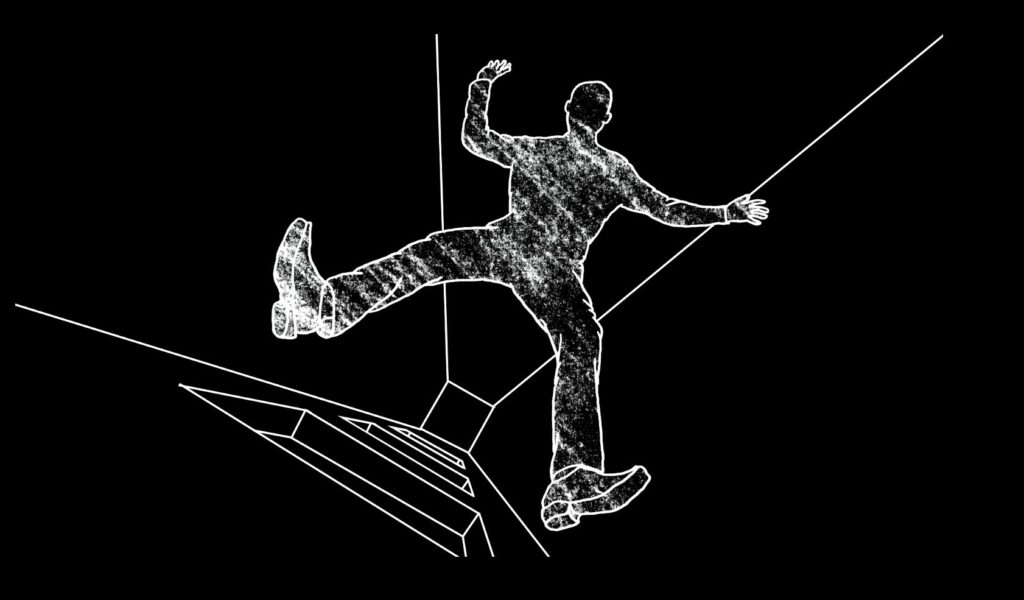
PC
Describing itself as an “Essay Game”, The Last Survey is what we’ve for some reason taken to calling a ‘visual novel’. Whatever it might actually be, it’s remarkable, and contains some of the finest writing I’ve seen in a long while.
This is the tale of a geologist, on a retainer with a Brazilian mining company, tasked with providing a survey on the reserves in their rare-earth metal excavations. The survey is complete, and he or she waits in the reception on the 19th floor of the company’s executive headquarters, about to present the findings to the CEO, Victor Ferreira.
What follows is the internal monologue of the geologist, accompanied by over 1500 hand-drawn pieces of animation art, the black-and-white line drawings transitioning in morph-like evolutions, illustrating the text both literally and metaphorically. This is occasionally interspersed with speech from others, and very occasionally, a dialogue choice for you, the player, to make. Its hour or so of story is barely interactive, perhaps five or six moments where you intervene, and yet I so highly recommend playing this. If there’s still an ongoing argument about whether visual novels are ‘games’, then The Last Survey is the conclusive answer.
(The reality is, there’s no other format in which such a project could be presented. Games are where these work, no matter how limited the interaction, not least when they’re as visually interesting as this. Radio would perhaps be the only medium in which a monologue could be similarly well presented, but it wouldn’t offer the scant choices, nor the amazing animation. They’re games. Let’s not ask the question again.)

The art is splendid enough to recommend the project, but it would have been with some hesitation were it not for the strength of the writing. It’s quite, quite brilliant, and creator Nicholas O’Brien is a rare talent. Coming from a background of avant-garde cinema and visual arts, if anything The Last Survey plays things very modestly – there is nothing needlessly esoteric here, while coming from an artist who has previously offered “a 5-channel video installation about Green infrastructure in NYC at the Knockdown Center in Queens”.
In fact, “essay” is a splendid word to describe much of what you’ll experience. This is clearly a project born of extensive research and passion, its knowledge of the impending disasters we face as we exhaust rare-earth metals matched by an understanding of the corporate condition. It speaks with such precise insight into the psychology of CEOs, of the hopelessness of presenting bad news to a force driven only by bottom lines. And perhaps most importantly of all, it’s such a pleasure to read.

“Victor – like most executives I’ve met – was a quarry of cognitive dissonance. You could smell the miasma of doublespeak seeping out his pores.”
“His talk was engineered to be that way; manufactured out of a careful verbal lexicon of convincing neutrality. For Victor, language was a mirror: a shield of glass that could tilt this way and that to re-present the best vantage of yourself back to you.”
“I projected my humility into every corner, squeezing the door handle as tightly as I could, imagining the force of my clenching fist directly correlated to the strength of my modesty.”

The Last Survey was originally released in-development on Itch in 2018, and has now come finished to Steam. It’s the result of a successful Kickstarter, and is accompanied by an extraordinary soundtrack by Lewis Kopenhafer. (It’s such a massive shame that there’s no OST option on Steam as yet, because I’d gladly listen to this minimalist soundscape outside of the game.)
You’ll think about a subject you likely often don’t, yet one that is soon to have such massive implications for all of humanity. And you’ll not feel berated or lectured at as you do so. Because The Last Survey is as much about its subject matter as it is its portrayal of human behaviour, of paranoia, fear, and the desire to do the right thing at personal cost. Also its damned good writing with some fantastic animation, presented in a way impossible outside of the realm of gaming.
- Nicholas O’Brien
- Itch, Steam
- £4/$5/€4
- Official Site
All Buried Treasure articles are funded by Patreon backers. If you want to see more reviews of great indie games, please consider backing this project.





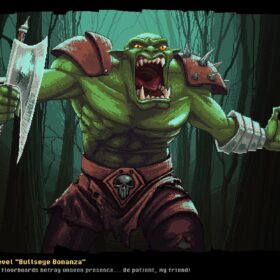
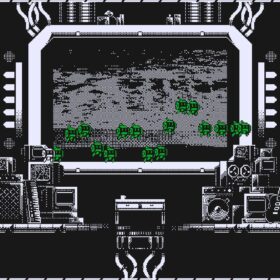
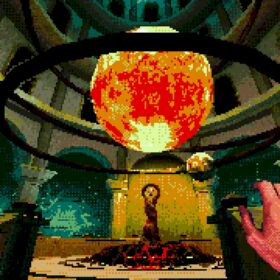
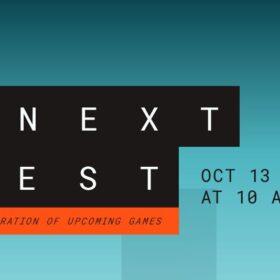
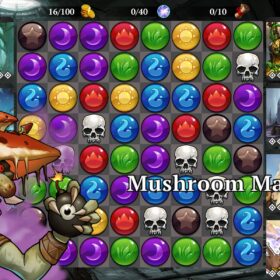
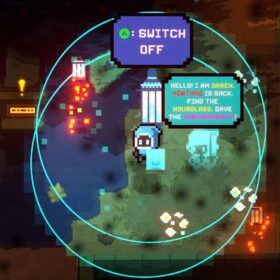


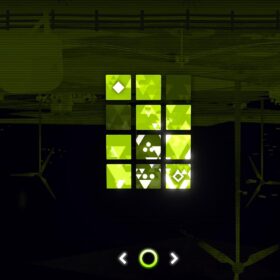
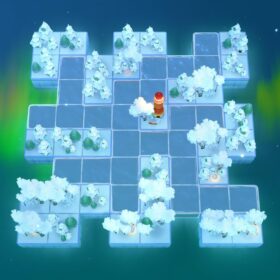
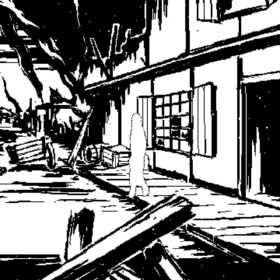

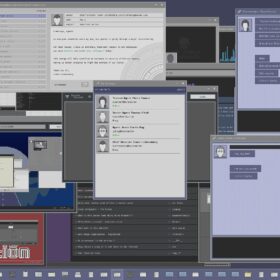
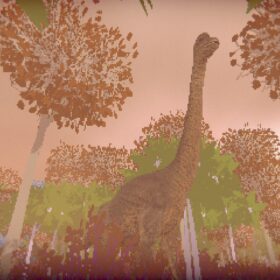
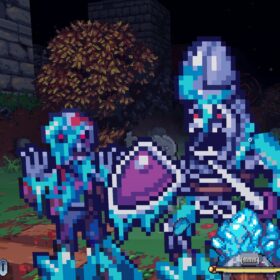
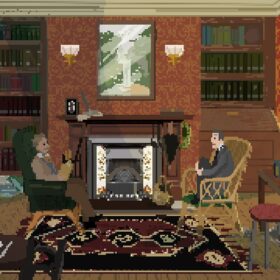
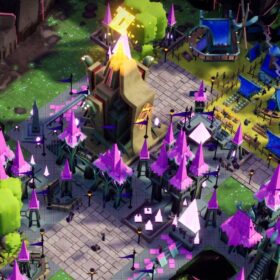
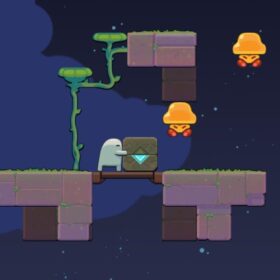
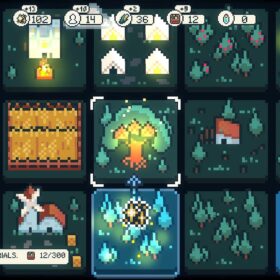

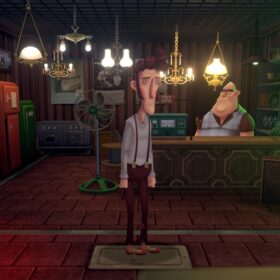
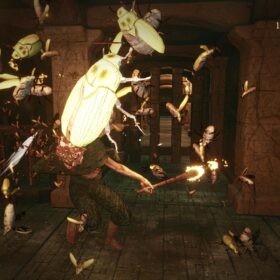

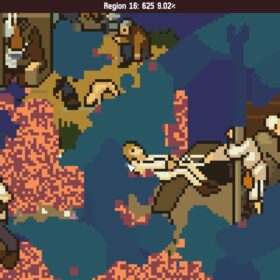
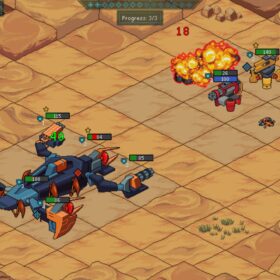


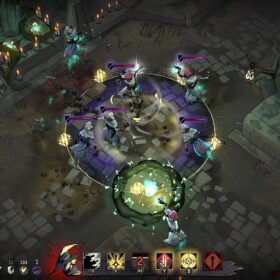
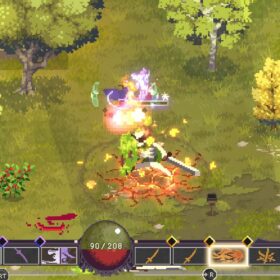
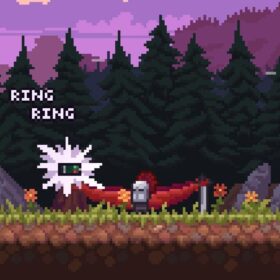
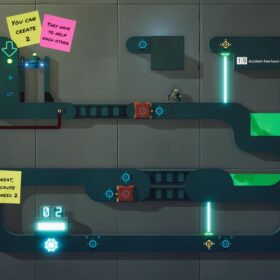
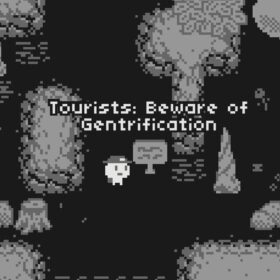
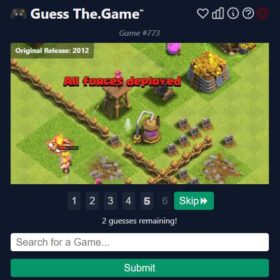
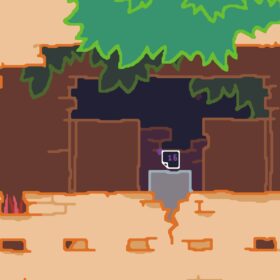
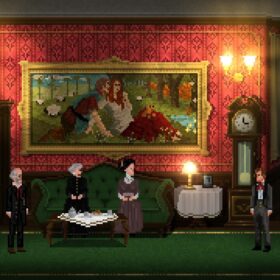

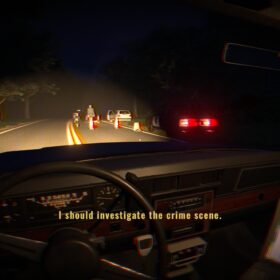
I often find myself using the “they’re not games” argument not to denigrate something, but to actually get people I know who “don’t play games” to try stuff like this.
It’s interesting how often things like this come down to methods of distribution – it’s on Steam, it runs on a PC, therefore it’s probably safe to call it a game. There’s a similar thing in the board games industry where there are now loads of these “escape room in a box” things out there. They’re not board games, by pretty much any measure. There’s no board, there’s no dice, you can only play them once, they’re boxes of puzzles.
But they’re manufactured and distributed by the same people that make board games, through the same distribution channels, which means they’re sold in board game stores, and so hence they’re treated like they’re board games.
I think the argument for how gamey something is is generally valid. How many things does something abstract out? Could this have been interactive? How would that have changed how we interpret it? Et cetera.
The term visual novel comes from Japan. They were called games in the 90s, and often included some limited form of gameplay. For example, the Portopia Serial Murder Case (weirdly, by the director of Dragon Quest!) was one of the first and had classic adventure game elements.
If it has no interactive element at all though, it’s called a kinetic novel (KN). This is a term used more by the fans of VNs in the West, but is established in Japan, and these aren’t considered games.
I understand this one is wholly noninteractive, so in that way it’s not much different from an illustrated book. It just happens to be displayed on a computer screen and lets you save your progress. But how different is that really from an illustrated ebook, or for that matter, a physical book that you pop a bookmark in?
Personally I wouldn’t classify something using a game engine as a game automatically… if only because I have seen industrial software written in game engines because that’s what the employee knew best. We should be able to call things games, novels, movies without being snobbish about it.
They’re all cool and as long as they present things correctly there is no reason to call them something they aren’t.